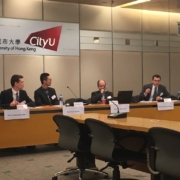As part of the RCSR project, the USMB Faculty of Law was represented by Vincent Rivolier at the symposium “The “private” law’s response to accident, illness and disability”.
Symposium co-organized by the University of Otago and the City University of Hong Kong.
Date : February 18 and 19, 2019
Place : Hong Kong
New Zealand has had a unique no-fault accident compensation scheme since the 1970s. It has been a reference point in the legal literature, but no other country has adopted a similar universal approach, though there are instances of no-fault liability schemes that avoid private redress and within the private law strict liability has been invoked in
some areas. The objectives of conference are to:
- To assess the no-fault regime in New Zealand and consider whether it should be expanded to cover any disability irrespective of cause;
- To consider the reaction to the no-fault principle in other countries;
- To analyse private law reforms moving away from fault as the basis for compensating for accident, illness and disability;
- To justify why certain areas are marked out for special treatment; and
- To consider the interaction between private law, insurance and administrative compensation schemes.
The paper will focus on compensation of accidents, illnesses and disabilities caused by a medical intervention (private practitioners, public and private hospitals) in the French legal system. The French current system mixes fault based and strict liabilities (with a compulsory insurance) and no-fault compensation system (by a state agency “ONIAM”). When a patient claims compensation from medical professionals, hospitals, their insurers or ONIAM, out-of-court settlements are promoted through regional “Conciliation and Compensation Commissions”. ONIAM’s intervention is subsidiary. It compensates damages when no fault can be identified (no-fault scheme) or when a fault can be identified but no agreement can be reached between the victim and the insurer (in such case, ONIAM is subrogated against the insurer). So the compensation’s funding mixes a private origin (insurance premiums by medical professionals) and general taxation (through no-fault compensation by ONIAM, or through some financial support to medical professionals when they could not find an affordable insurance).
This equilibrium was found in 2002 (2 March 2002 Act and 30 December 2002 Act). It addresses two concerns of that period. The first one was the development of litigations against medical professionals, and the extension, through judge-made law, of strict liability cases (notably in case of nosocomial infections). The second one, partly caused by the first, was an “insurance crisis”. Many companies withdrew from the medical insurance market, and insurance premiums increased to such extent that they became unaffordable for some specialists.
More information [here]



